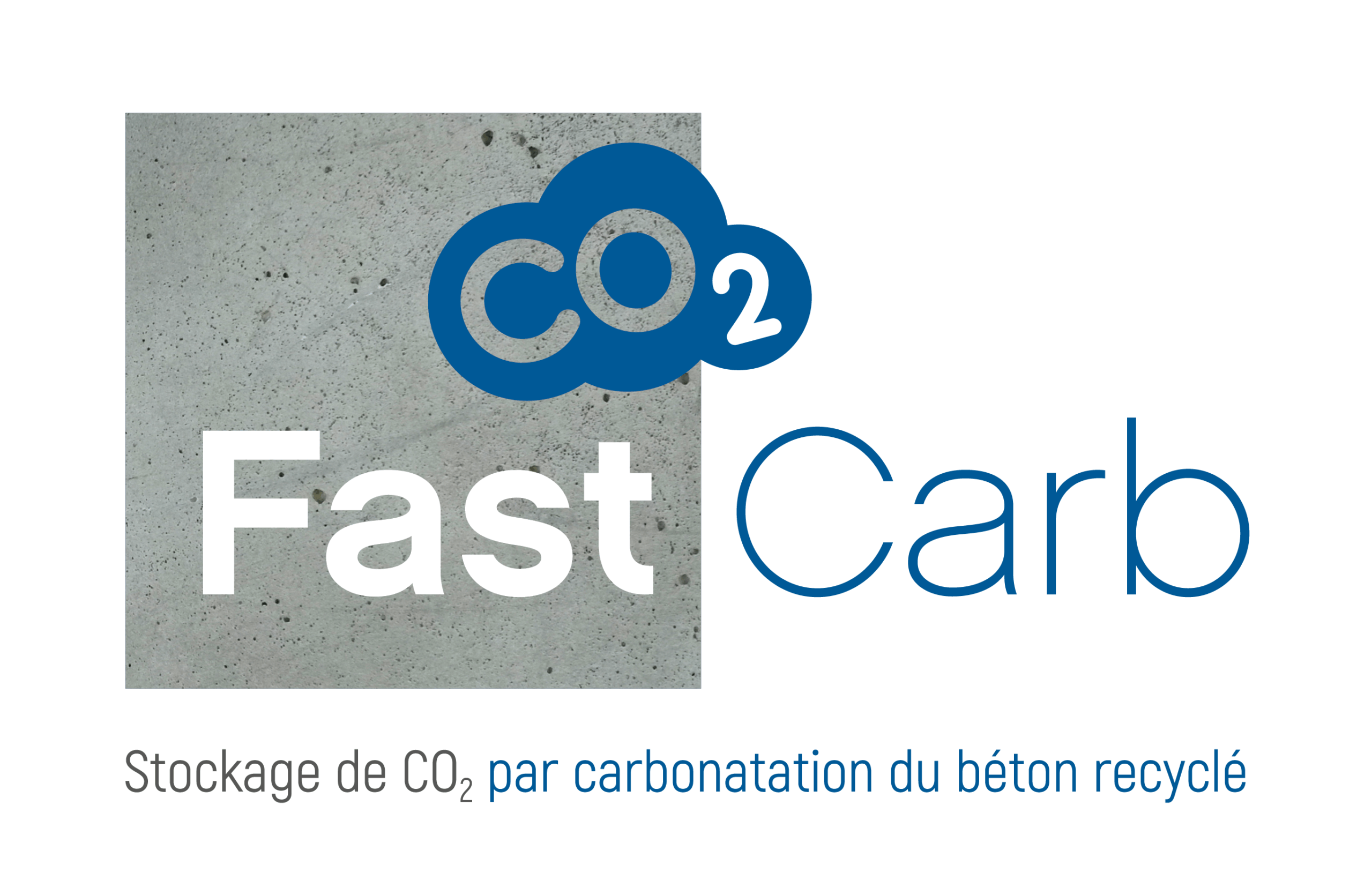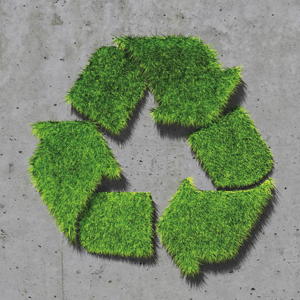Crédits photos : Ifsttar – Vicat – Clamens
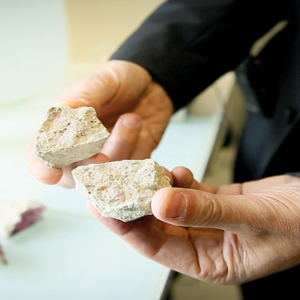
Valider la preuve de concept technique à l’échelle pré-industrielle
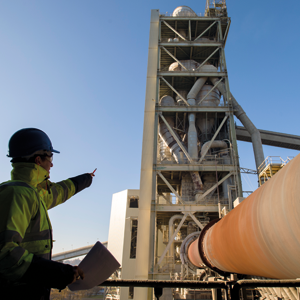
Valider la preuve de concept technique à l’échelle pré-industrielle
Contexte
Le projet FastCarb (Carbonatation accélérée de granulats de béton recyclé) est le résultat de la conjonction de deux constatations.
D’une part, la production de ciment est une source importante de CO2 dans le monde (5 à 7% des émissions totales). Environ deux tiers de ces émissions sont dues à la décarbonatation du calcaire au cours du processus de fabrication du ciment Portland. Ce processus est naturellement inversé : c’est la carbonatation du béton. Mais la carbonatation naturelle est un processus très lent.
D’autre part, une grande quantité de béton recyclé provenant de la déconstruction des bâtiments et des structures est disponible tandis que les ressources naturelles doivent être préservées. Même si les granulats de béton recyclés (GBR) peuvent déjà être utilisés dans le béton en ajustant les mélanges (cf. résultats du PN RECYBETON ), ils présentent une plus grande porosité. Ceci a un impact sur les performances du béton de granulats recyclés : une porosité plus élevée, une absorption d’eau plus élevée et des propriétés mécaniques légèrement dégradées. La conséquence est qu’il est nécessaire d’augmenter la teneur en liant du mélange si l’objectif est d’effectuer un recyclage à fort taux tout en conservant les propriétés d’ingénierie requises par le béton.
Cependant, les granulats recyclés, notamment les parties fines, incorporent de la portlandite et des silicates hydratés qui peuvent être carbonatés plus rapidement que le béton dans les structures. Le but du projet FastCarb, qui a démarré en 2018, est donc de stocker le CO2 dans les GBR de manière accélérée, d’améliorer la qualité de ces granulats par le colmatage de la porosité et de diminuer finalement l’impact CO2 du béton dans les structures.
Résultats
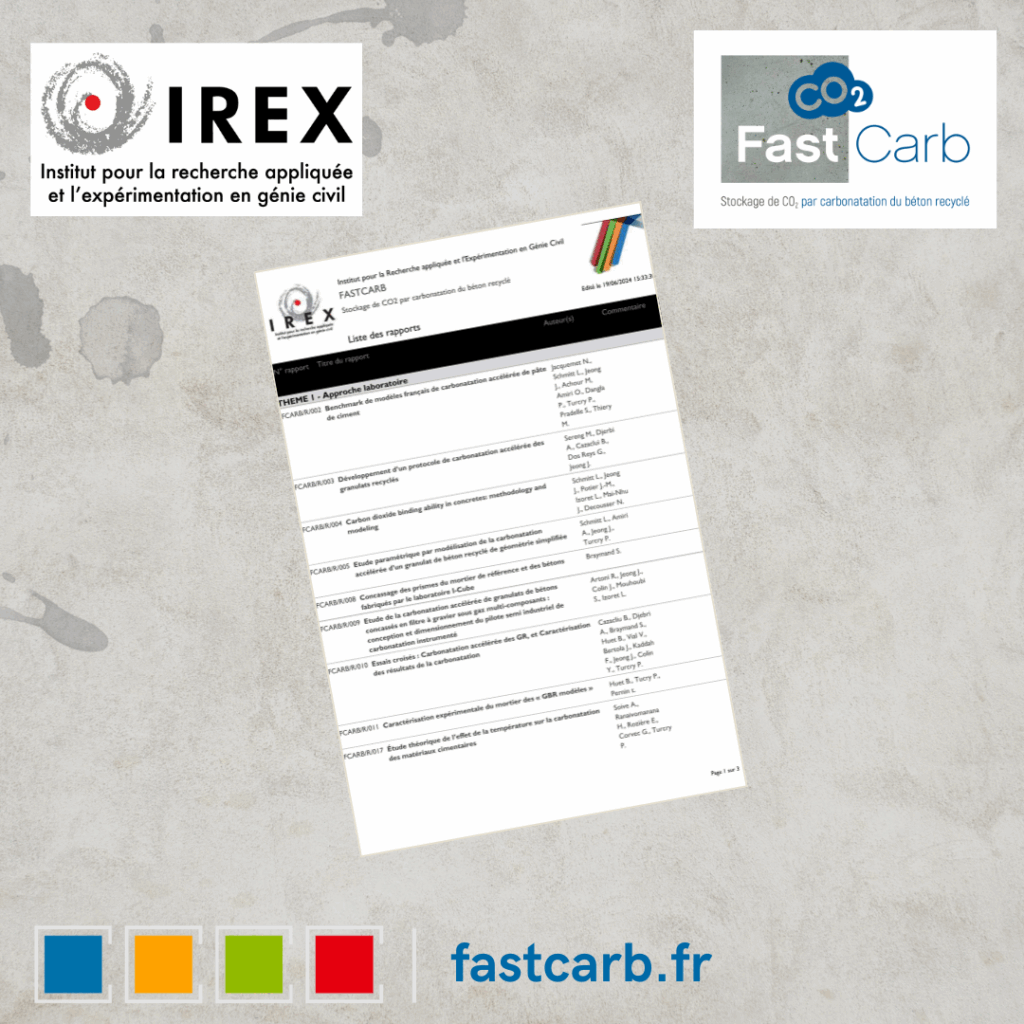
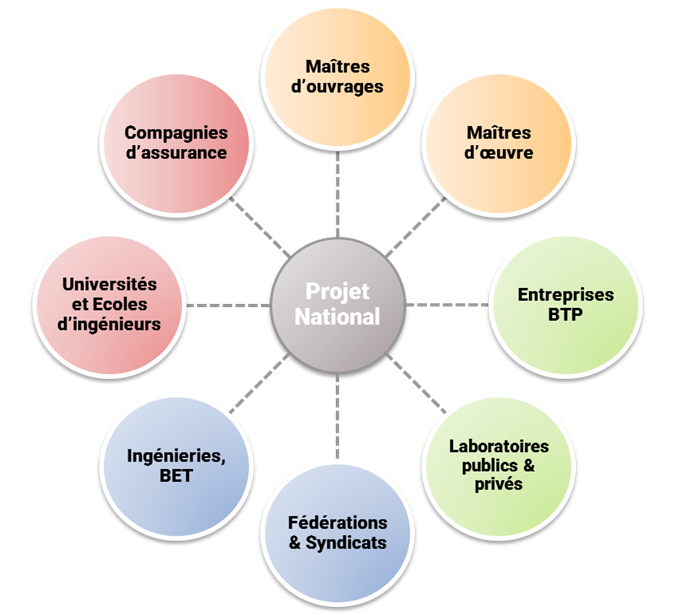
Un projet de recherche et développement collaboratif qui rassemble des organismes publics et privés issus de la communauté béton (maîtres d’ouvrages, ingénieries, entreprises de travaux, bureaux de contrôle, industriels, organismes de recherche).

Administré par l’IREX
Le projet est coordonné par l’Irex (Institut pour la recherche appliquée et l’expérimentation en génie civil) qui assure notamment la gestion administrative et financière.
contact@irex.asso.fr
